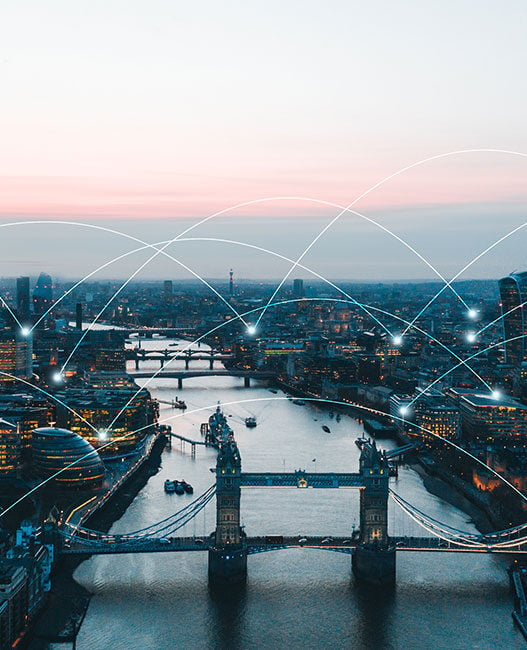In the realm of electronics and technology, few topics have garnered as much attention in recent years as artificial intelligence. As it stands, this innovative field is ushering in a new era of possibilities, from automating mundane tasks to revolutionising industries. However, alongside the excitement and potential, there are growing concerns about its implications for society, security, and ethics.
What is artificial intelligence?
At its core, AI refers to the simulation of human intelligence processes by machines, particularly computer systems. These processes encompass learning (the acquisition of information and rules for using that information), reasoning (using the rules to reach approximate or definite conclusions), and self-correction.
There are two main types of AI: narrow or weak AI, and general or strong AI. Narrow AI is designed and trained for a specific task, such as voice assistants or image recognition systems. In contrast, general AI possesses the ability to outperform humans at nearly any cognitive task, though it remains largely theoretical at present.
Is AI dangerous?
The potential dangers of AI can be broadly categorised into two areas: unintended consequences and malicious use.
Unintended consequences: as AI systems become more complex, there’s a possibility that they might act in unpredictable ways, especially if they are trained on biased data or if their objectives are not perfectly aligned with human values. For instance, an AI designed to optimise a process might find a shortcut that humans hadn’t considered, which could have negative repercussions.
Malicious use: just as any tool can be used for both constructive and destructive purposes, so too can AI. There are concerns about AI being utilised in cyberattacks, misinformation campaigns, or autonomous weaponry.
That said, it’s essential to understand that AI, in and of itself, is neutral. Its potential dangers largely stem from how humans choose to design, implement, and use it. Proper regulation, ethical considerations, and robust design principles can mitigate many of these risks.
The road ahead
The future of AI holds immense promise. Its potential to drive efficiencies, improve processes, and open up new avenues for innovation is unparalleled. However, as with all transformative technologies, it is crucial for the policymakers, and society at large to approach AI with a sense of responsibility and foresight. By ensuring that AI developments are guided by ethical principles and rigorous standards, we can harness its benefits while minimising its potential pitfalls.
In the upcoming week, approximately 100 global leaders, technology executives, scholars, and AI specialists will convene at the UK’s Bletchley Park campus, historically known as the base for the codebreakers instrumental in World War Two. Their objective is to engage in dialogues on optimising the advantages of this technology and reducing potential hazards.
Stay tuned for further news of the Summit.
















